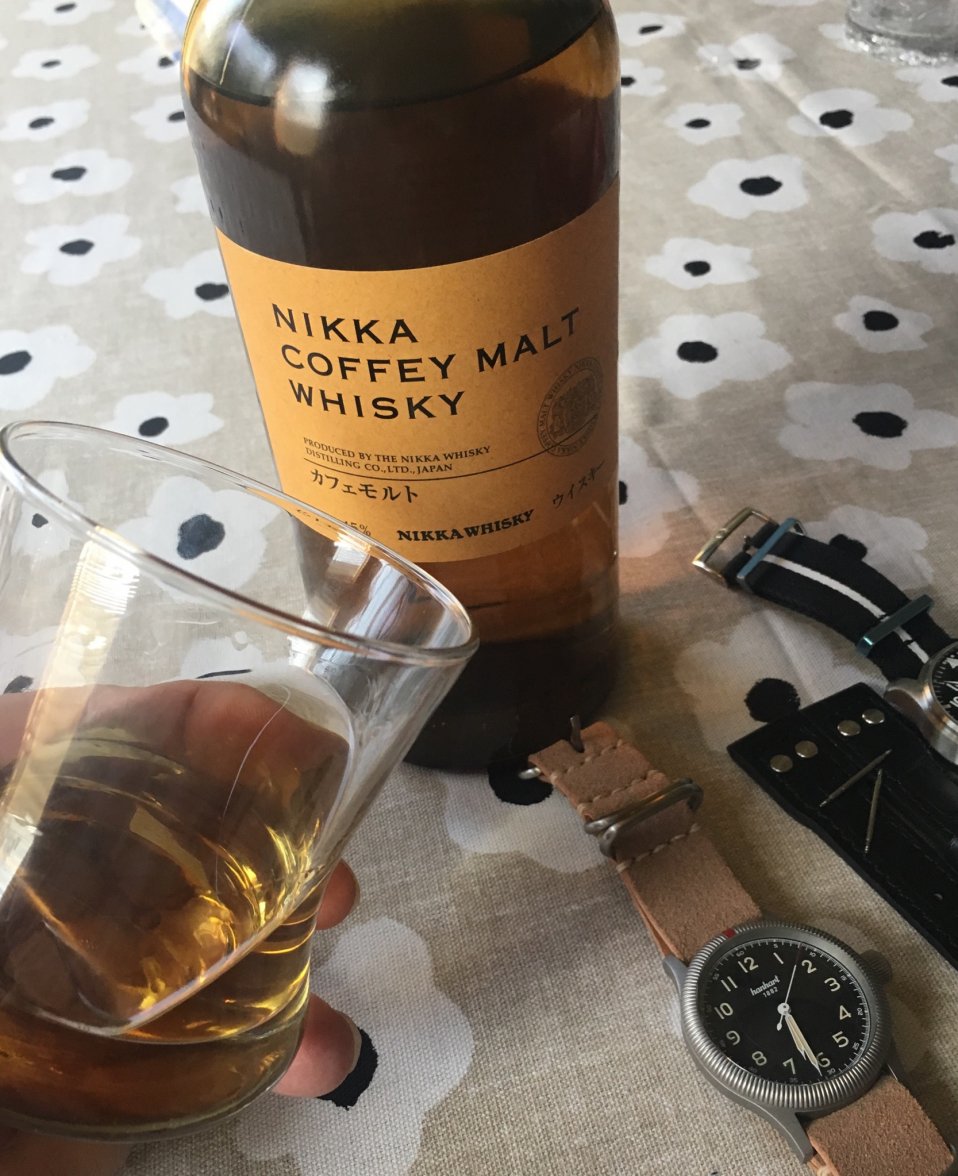Hey guys, wanted to ask how you feel about age statements on bottles. More and more I’m finding for my tastes, they are almost irrelevant. Don’t get me wrong, I’d love to have a 20 yr old bottle of Scotch, I’m just saying I’m not sure I can appreciate the taste more than some others with no age statement.
I think the Nikki brand really opened this thought up for me. It’s so smooth (without even a hint of being watered down) and complex, yet no age statement at all.
Super complex issue... traditionally older was always interpreted as better even when shown otherwise in vertical tastings.
Lets start with the basics.. what is a 12 year old... For this discussion we are talking about single malt, non single casks releases. Single cask, and cask strength has some different rules. The age only refers to time in a barrel, the time in a bottle or steel vat are not counted.
Being in a cask longer traditionally means mellower and more complex, this is for a few reasons.... more angel share (evaporation of alcohol) which condenses the flavor and more exposure to the oak. Remember traditionally Scotch is reusing ancient large barrels (they are by their own words cheap) and barrels are expensive, the older a barrel is the less oak it will impart into the distillate. Additionally large barrels offer less surface contact with the oak per volume. Older expressions are more expensive as they are lower alcohol content in the older barrels and have to be stored for years which adds to cost.
A 12 year old Glennfiddich means the youngest in the bottle is 12 years old, but most likely contains 15, 20, 21 and 25+ in it as well. These are blended with the younger base to create a blend that is consistent year by year. Once this is blended to taste it is watered down to generally 40-45% alcohol. 40% is the minimum allowed. Single Malt only means its from the same distillery.
So why is there a move away from age statement scotch... There are a few reasons.
Scotch by definition has to be a minimum of 3 years in a barrel, as Scotch has exploded over the past 10 years, everyone was caught flat footed without enough inventory to fill the demand. So stocks that had been earmarked for 12-15-20+ was used to create new expressions or used earlier then planned, which then creates a lack of older age statement Scotch down the line.
So they needed to find a way to sell younger Scotch and fight the impression (they created) that older stuff is better and more expensive.... Hence why you are seeing a movement away from age statements, and getting expressions that go by name, or even year statements (which have dubious legal definition)
So they also had another problem... They needed to more rapidly age Scotch to make it more mellow.... Enter the US Bourbon barrels.... By definition Bourbon must use a new barrel... as bourbon must be aged. Most bourbon is under 5 years and done is smaller barrels then what Scotland had been using. Enter a glut of bourbon barrels onto the market cheap, as compared to the traditional wine barrels used for scotch. These smaller brand new barrels could more quickly mellow a distillate and not cause a large loss to angel share as they could be used for less time. Which means faster production, cheaper as it is watered down more, and still get a full flavor. Addtionally they are using what is called finishing which is a short period in different barrel types, from port, sherry, sauternes, even rum. These finishes add more flavor and depth to the younger less complex expressions they are forced to put out by the higher demand.
That being said... there is alot of amazing stuff being put out without an age statement. Ardbeg, Bruichladdich, Kilchoman, Auchentoshian, and others are all putting out amazing drams without age statements. There is generally a consistency in price to quality out there, if you throw McCallan, the Glenfiddichs, Dalmore big market guys out the door. After sampling 100's of Scotch Expressions I can generally guess the pricepoint within a 5-10 dollars. Sure there are Gems at $60 and losers at $120 but there is a pretty good consistency at a price point the importers know what they have and what is expected at a price.
As for Nikka and the other Japanese brands... Its funny Scotch nerds are super anal about people calling anything Scotch that was not made in Scotland... But Almost all I know have made the mistake calling the Japanese whisky Scotch, as the flavor profile and production methods are a clone of Scottish production. For the most part the Japanese whisky is softer mellower smoother scotch. Also side note the best "Scotch" is actually Indian... Its called Amrut Fusion and it is the most perfectly balanced sub $100 scotch out there, it is the UR-Scotch, the only problem is that while made from Scottish grain, it is produced in India...


